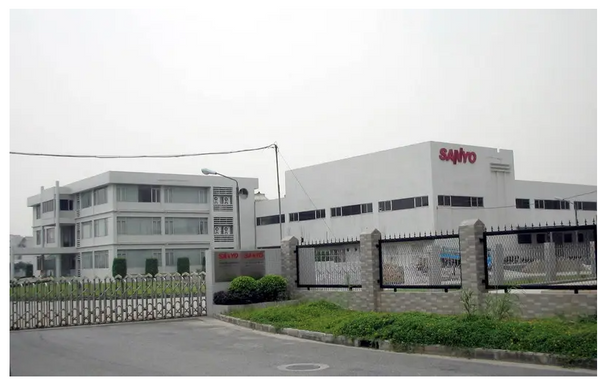Sanyo Chemical will invest in battery start-up APB. APB was founded by Hideaki Horie, a special professor at the Graduate School of Keio University in Japan. He was in charge of the development of lithium-ion batteries for the pure electric vehicle (EV) "Leaf" at Nissan. He also proposed a research and development plan for an "all-resin battery" that fundamentally prevents fire accidents by eliminating the metal in the battery structure.

The all-resin battery uses a gel-like resin containing an electrolyte to wrap electrode materials such as lithium as the positive and negative electrodes of the battery. Its characteristic is that even in a fully charged state, whether drilling or cutting, it will not catch fire. Production costs are expected to be under 12 yen per watt-hour, lower than the 15-20 yen for conventional lithium-ion batteries.
Currently widely used lithium-ion batteries were developed by Akira Yoshino of Asahi Kasei, Japan, and commercialized by Sony in 1991. The competition around next-generation batteries has intensified recently because the performance improvements of traditional products have reached their limit. For example, fire accidents due to batteries cannot be eliminated on mobile devices. In addition, in order to make pure electric vehicles and drones run for a long time, it is difficult to meet the requirements only by the capacity of traditional batteries.
The new-generation battery that is currently receiving the most attention is the "all-solid-state battery". In 2018, TDK started mass production of the ceramic type for the first time in the world, and Toyota Motor and Murata Manufacturing Co., Ltd. are also vigorously developing it. However, most views believe that the official popularization will be around 2030.

